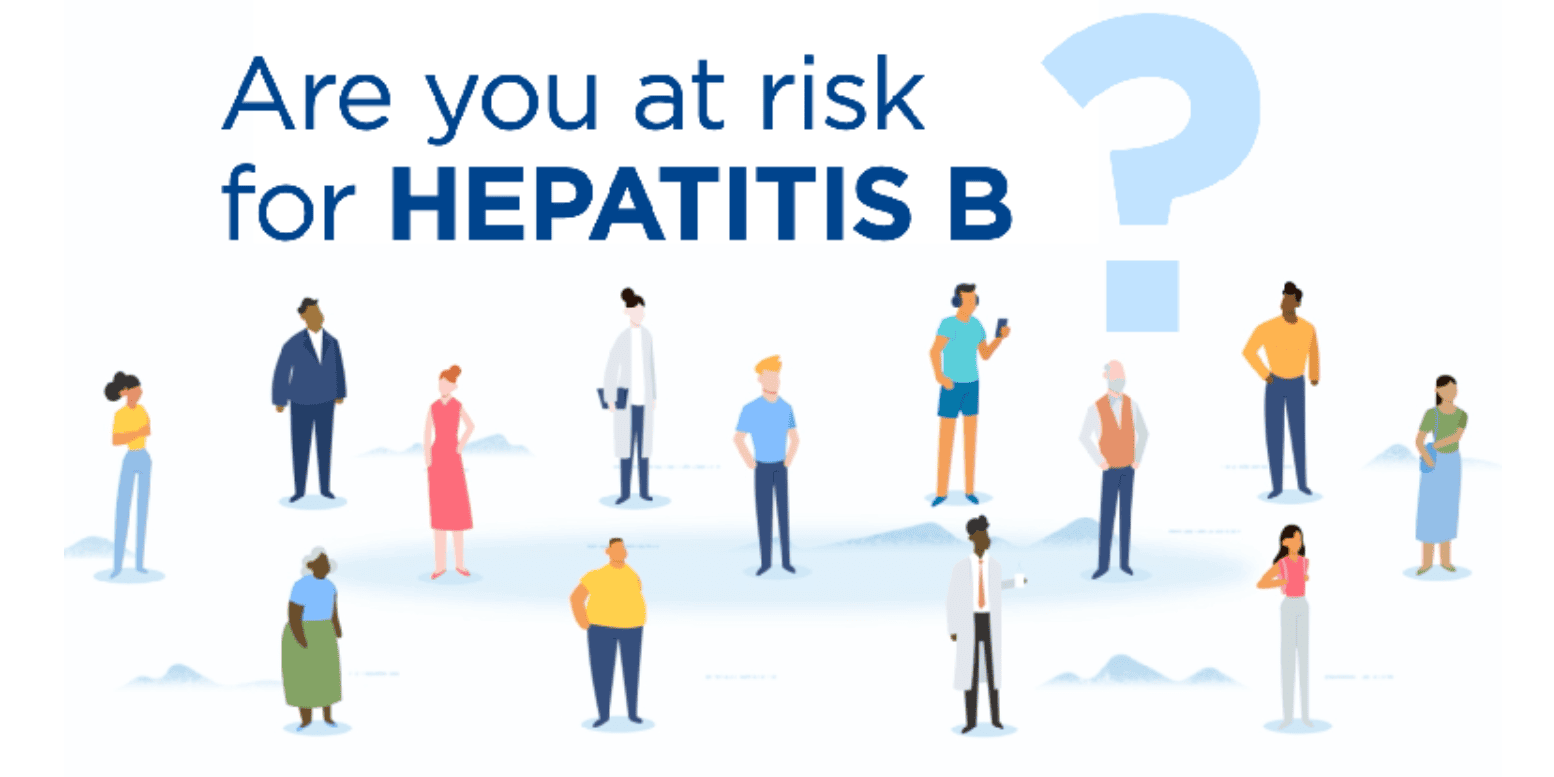
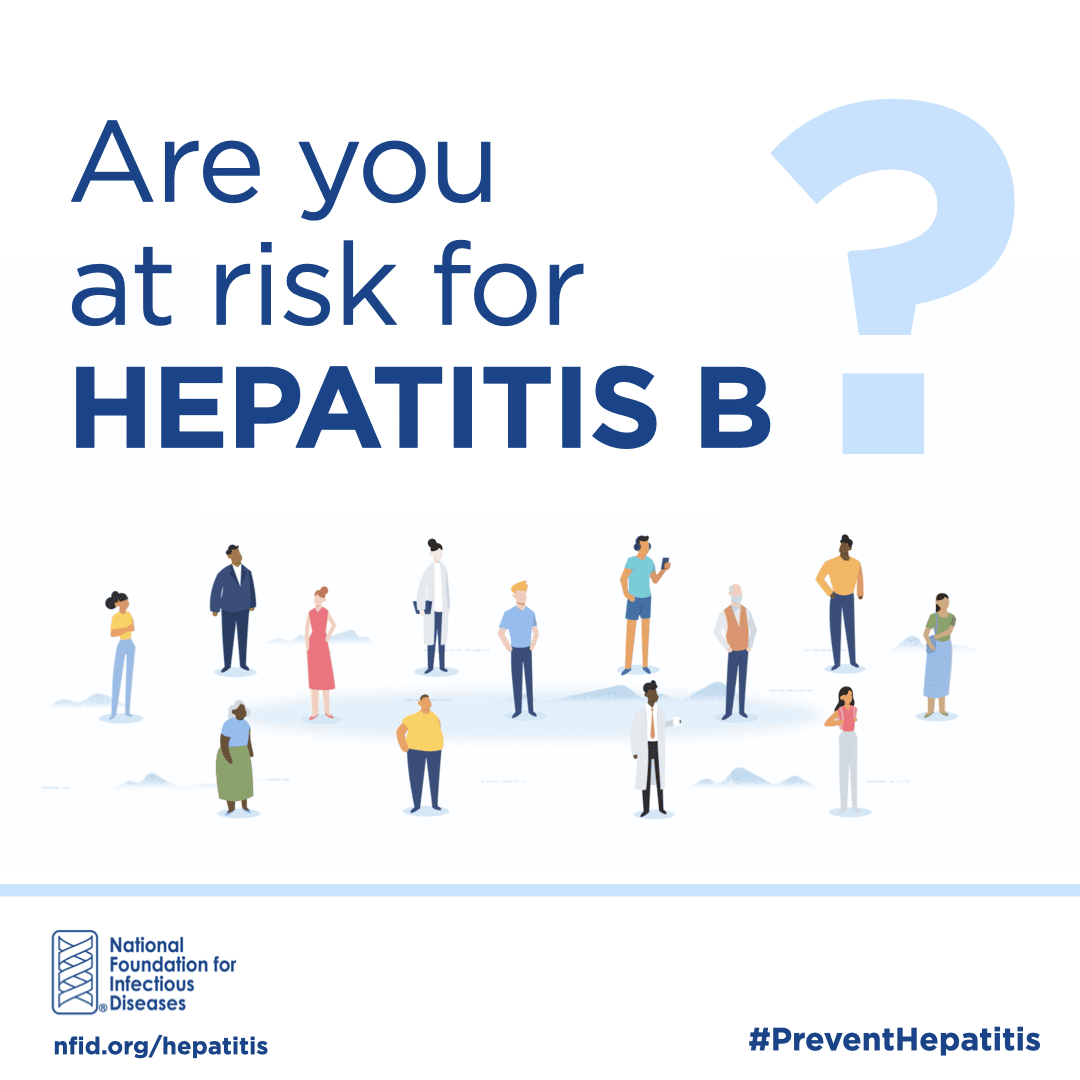 Globally, the most common risk factor for liver cancer is chronic infection with the hepatitis B virus (HBV). Approximately 1 in 4 people with chronic HBV infection will develop liver cancer or liver failure.
Globally, the most common risk factor for liver cancer is chronic infection with the hepatitis B virus (HBV). Approximately 1 in 4 people with chronic HBV infection will develop liver cancer or liver failure.
October is Liver Cancer Awareness Month and the National Foundation for Infectious Diseases (NFID) has developed a new campaign to raise awareness about the importance of preventing hepatitis B—a virus that can live undetected within an individual for months or years, all the while attacking the liver.
It is only when serious damage has been done that symptoms of HBV infection appear, and by then, it can be difficult to treat. Individuals with chronic HBV infection may not feel sick, but they can pass the virus on to others, even if they do not experience symptoms. Hepatitis B can be prevented with safe and effective vaccines, but nearly 30 years after the US adopted a public health strategy aimed at eliminating HBV transmission, adult immunization rates remain below public health goals.
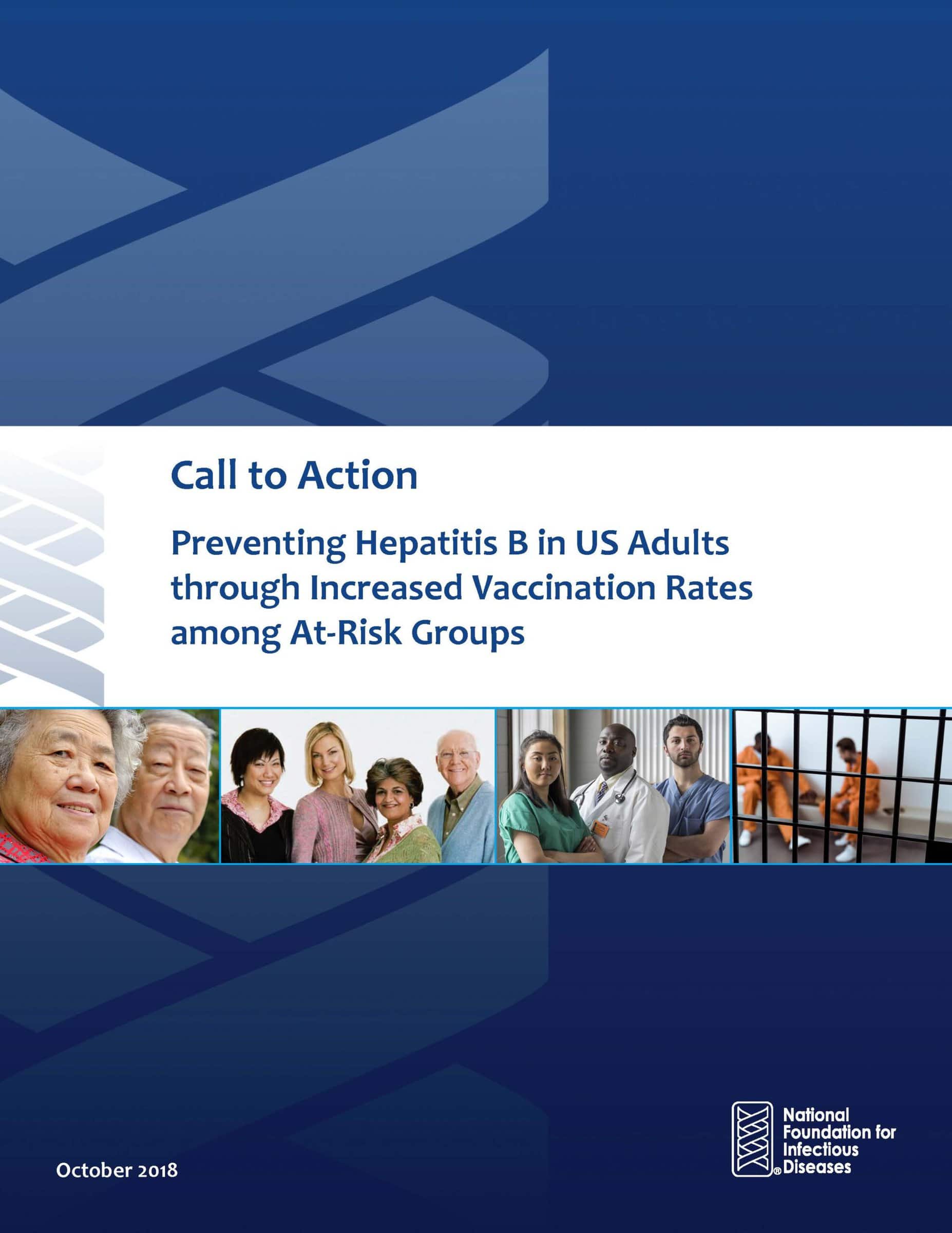 According to a 2018 NFID Call to Action, implementing hepatitis B vaccine recommendations can be challenging, as the recommendations are based on risk vs. age. There are more than a dozen different risk factors, but several risks center around sexual exposure and exposure to contaminated blood through shared needles. Stigma is known to be a factor as patients do not want to admit to these behaviors that may put them at risk. However, even when risk factors are less stigmatized, hepatitis B vaccination rates remain low. For example, only 26 percent of adults with diabetes between the ages of 19 and 59 years are vaccinated against hepatitis B as recommended.
According to a 2018 NFID Call to Action, implementing hepatitis B vaccine recommendations can be challenging, as the recommendations are based on risk vs. age. There are more than a dozen different risk factors, but several risks center around sexual exposure and exposure to contaminated blood through shared needles. Stigma is known to be a factor as patients do not want to admit to these behaviors that may put them at risk. However, even when risk factors are less stigmatized, hepatitis B vaccination rates remain low. For example, only 26 percent of adults with diabetes between the ages of 19 and 59 years are vaccinated against hepatitis B as recommended.
To help raise awareness about this public health threat, NFID has developed new materials as part of a Hepatitis B Awareness Toolkit, including animated public service announcement videos and sample posts that can be shared via social media. The short videos highlight the fact that anyone can be at risk for hepatitis B which can be prevented though vaccination.
#LiverCancerAwarenessMonth is a great time to share this information widely with colleagues and patients to help #PreventHepatitis. Learn more about hepatitis B at www.nfid.org/hepb and help spread the word with the NFID Hepatitis B Awareness Toolkit.
To join the conversation and get the latest news on infectious diseases, follow NFID on Twitter using the hashtag #PreventHepatitis, like us on Facebook, follow us on Instagram, join the NFID Linkedin Group, and subscribe to receive future NFID Updates.
Related Posts

Infectious Diseases in the News
Read recent news of interest from the world of infectious diseases including insights and updates on COVID-19, handwashing, hepatitis, malaria, measles, and respiratory syncytial virus (RSV) …
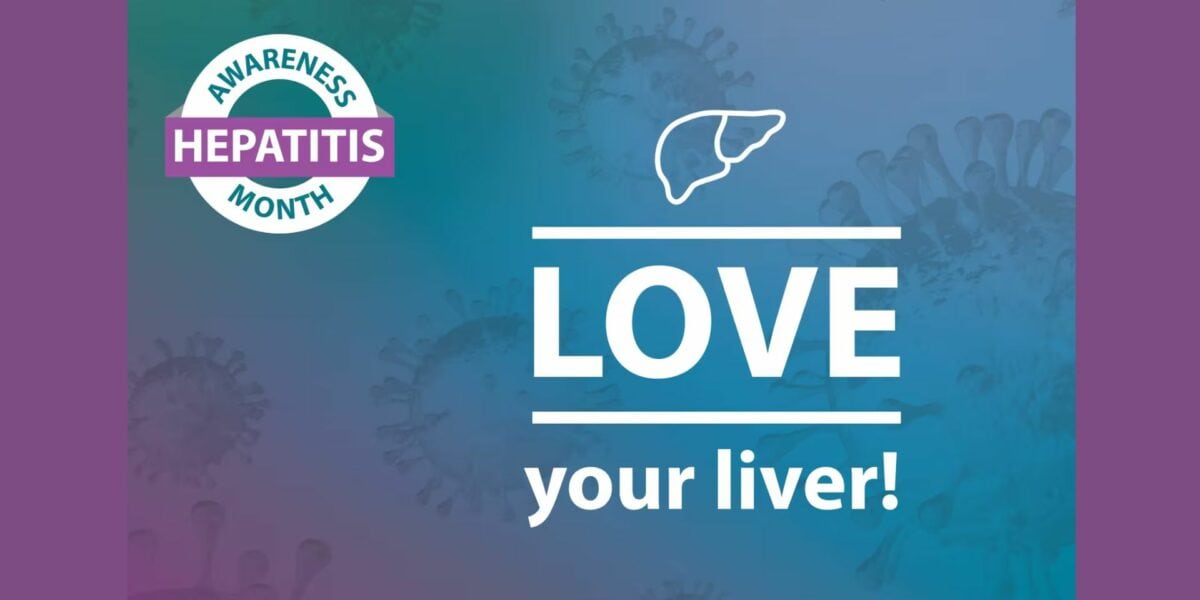
Protecting Patients with Liver Disease
May is Hepatitis Awareness Month, a reminder of the importance of preventing and treating viral hepatitis …
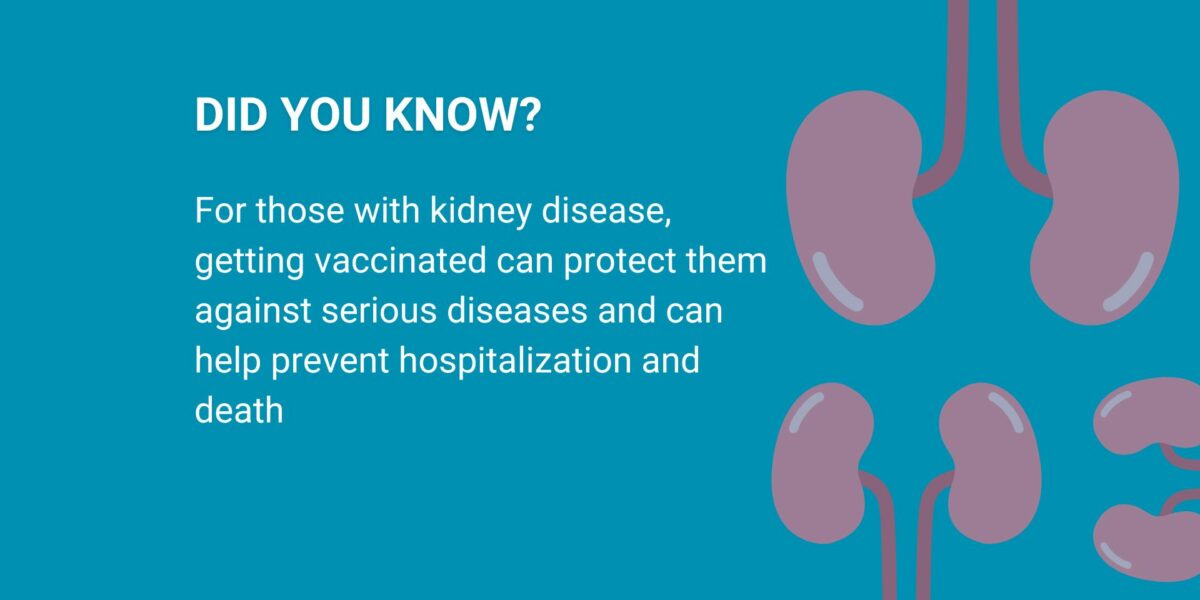
3 Things You Need to Know about Kidney Disease and Vaccines
It is important for people with kidney disease to understand how critical vaccination can be for their health and well-being
